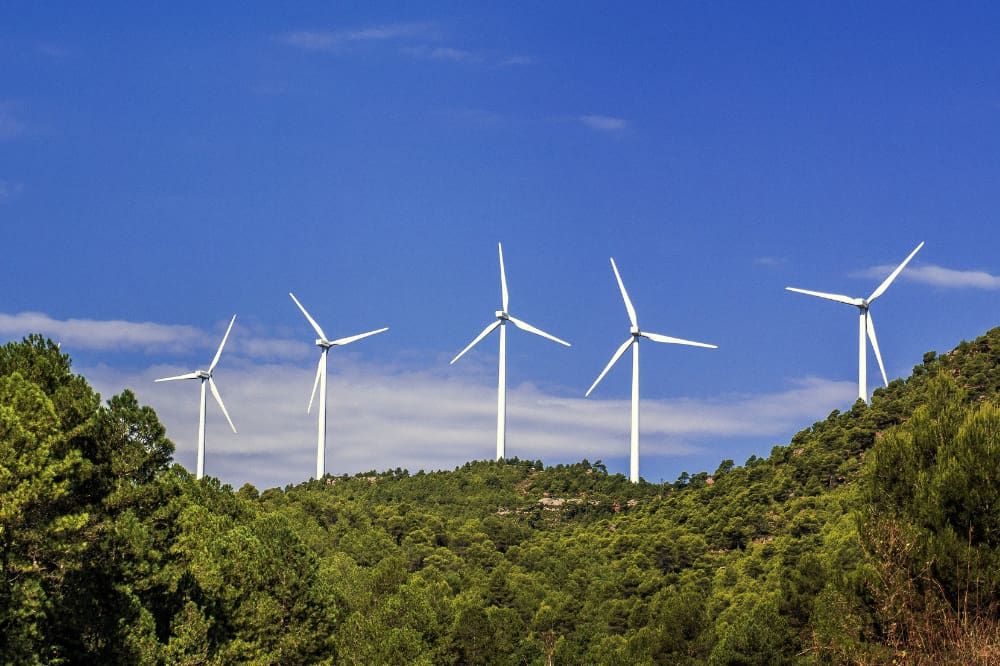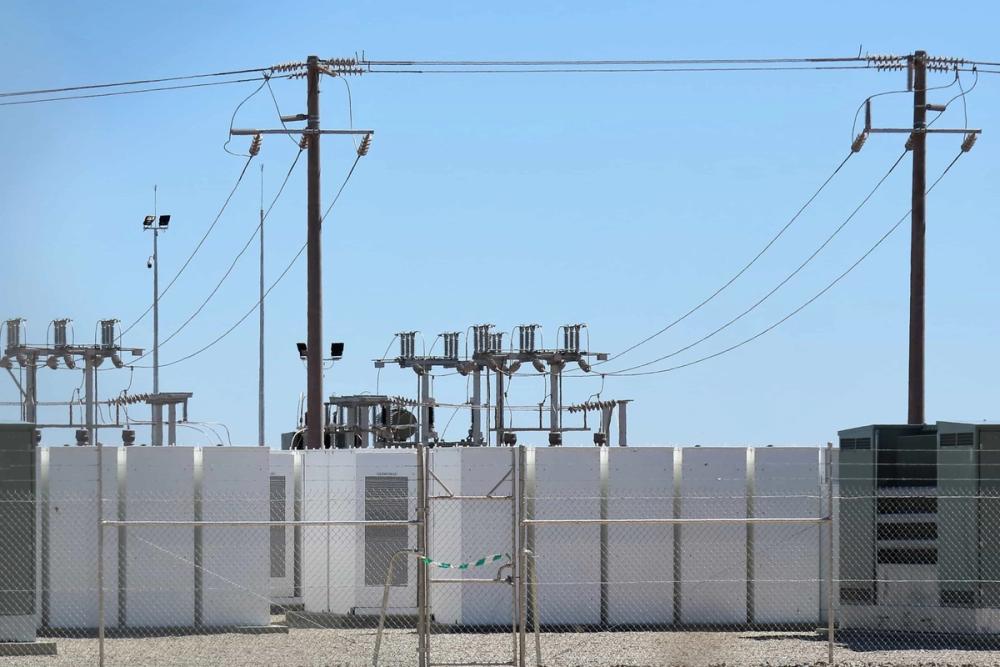Sunak condemns tomorrow's children to breathing dirty air: CEO of Balance Power responds to environmental policy changes

In his latest move, the UK Prime Minister rowed back on a number of his government’s climate commitments. Among the policy changes included delaying the ban of new petrol and diesel cars from 2030 to 2035, pushing back the date for phasing out gas boilers and scrapping energy efficiency targets for homeowners and landlords.
According to Sunak, the net zero by 2050 target is still within reach, but it’s part of his plan to take a more "pragmatic” approach to decarbonising the economy that doesn’t place undue burdens on consumers and households.
The move has sparked mixed reactions from industry and business to climate activists and environmental groups. Here, Phil Thompson, CEO of Balance Power, weighs in on what he makes of the decision and the potential impact it will have on the country – now and in the future.
"Sunak’s U-turn on climate policies is allegedly to support hard pressed families. But I ask the Prime Minister, what benefit do these policy changes bring to hard pressed families now, or in the near future?
Over the last 18 months, renewable energy has kept costs to consumers significantly lower than if we were still fully dependent on fossil fuels. The government should be subsidising renewables, not earning money from them; the electricity generator levy is forecast to raise around £14.2 billion between 2022-2028.*
The reality is, the cost of generating renewable energy is coming down, electric cars are getting cheaper and charging infrastructure is improving. There is no short-term benefit to cutting climate policy. Sunak is condemning the children of the UK to breathing dirty air for longer and tying us to volatile fossil fuels even further into the future."
Central to Phil Thompson’s argument is the idea that renewables are funding the public purse, rather than draining it, so the decision to weaken environmental policies for hard press families is nonsensical.
Furthermore, it is unlikely that hard press families are rejoicing about having more money in their pockets from not needing to order a new EV by 2030, he said.
Phil Thompson’s response to the environmental policy changes was also featured in The Independent and The Telegraph and Argus.



